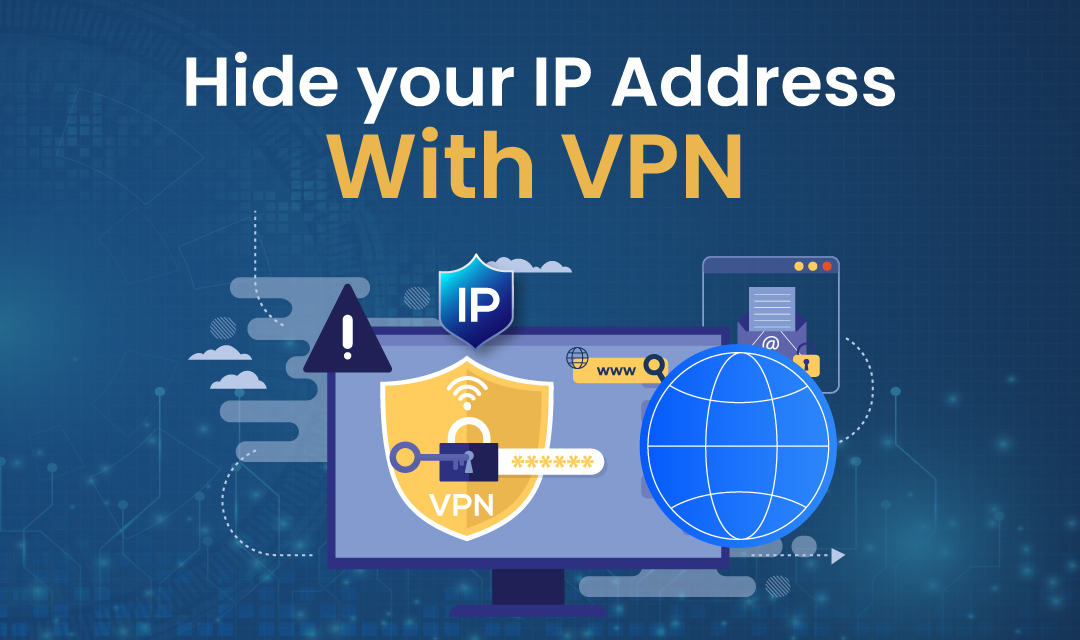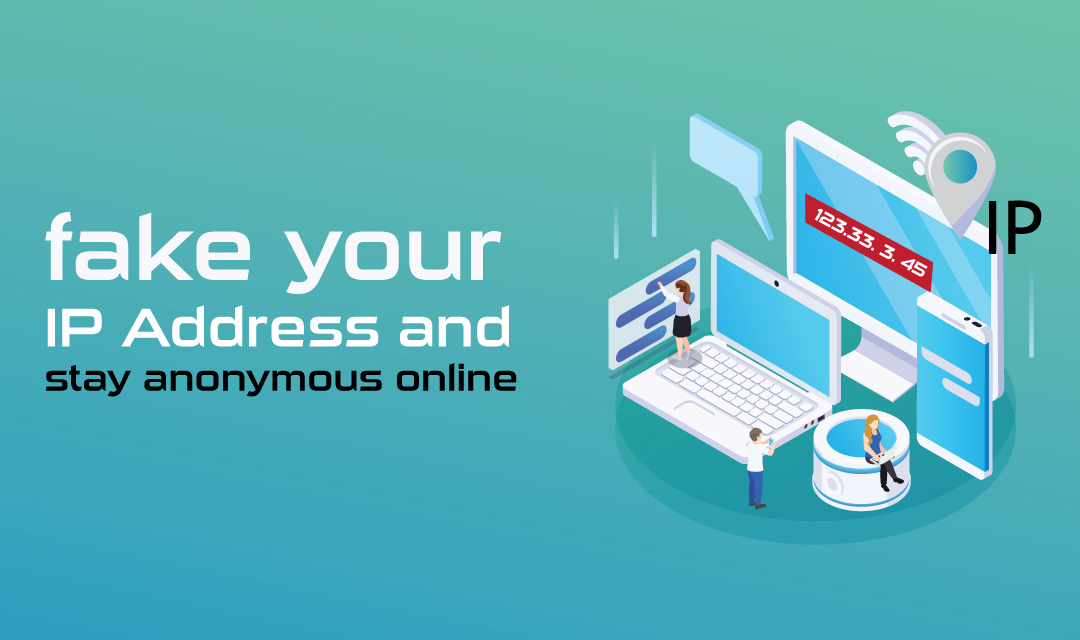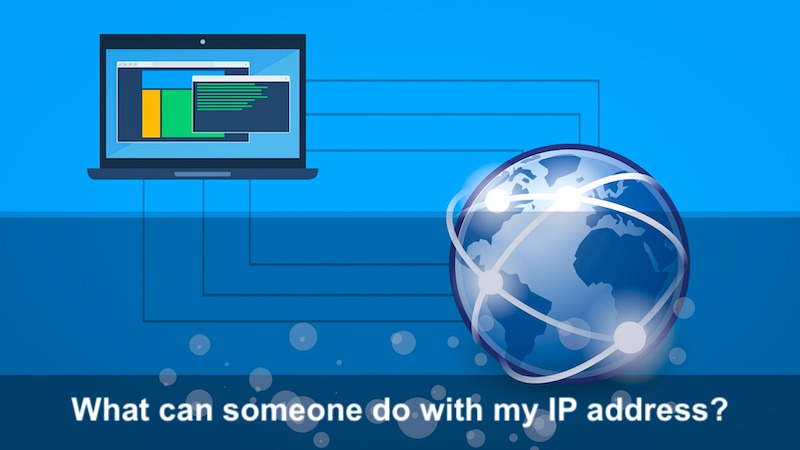
In today's fast-evolving business world, the importance of maintaining a dependable and secure internet connection must be remembered. It's important for remaining competitive and ensuring maximum productivity.
Big corporations allocate around $2,700 annually for each full-time employee to invest in cybersecurity measures. This information shows that it's important for all kinds of businesses to pay close attention to keeping their computer systems safe from hackers.
Hackers are always changing how they try to break into systems, so it's super important for companies to keep learning about how to stop them. One big problem is that many people using computers don't know enough about how to stay safe, so everyone needs to learn more about how to be safe online.
According to IBM, information loss accounts for 43% of overall expenses and is the costliest element in a cyberattack.
In order to access the Internet, you'll need to acquire an IP address from your Internet service provider (ISP). Your ISP offers both static and dynamic IP addresses, and understanding which type suits your needs best will streamline the setup of your network. It's important to ensure that everything works all the time. To do that, it's helpful to have a special address called a static IP address at the center of things.
But, what exactly constitutes a static IP, and why should it be a priority for your business operations?
This article aims to explain what static IPs are in simple terms and How to use a static IP. It will show how they differ from dynamic IPs and explain why they are useful.
Understanding Static IP Addresses
What is a static IP address?
Static IP addresses are like permanent labels given to devices. They don't change, unlike dynamic IPs that do. This makes them reliable and allows them to stay connected all the time.
In a constantly changing world, static IPs are like solid rocks, keeping communication and networks smooth. They ensure everything works smoothly and stays connected.
Why does your business need it?
Static IP addresses are important for companies requiring consistent access and control over their network resources. They make sure websites stay online, help connect to faraway computers, and keep connections safe.
Benefits of using a static IP
- Improved reliability
- Enhanced security
- Better performance
The Advantages of Static IP for Businesses
Enhanced Network Security
- A static IP address for your business can make your network more secure.
- Unlike dynamic IP addresses, which change constantly, static IPs always stay the same.
- This gives your company a consistent and fixed online identity. Because of this, it's easier to implement security measures that help protect your network from cyber threats.
For instance:
- Firewalls
- Access controls
- Monitoring tools
Improved Remote Access
- Another benefit of having a static IP address is improving remote access.
- With a static IP, employees can safely connect to the company's network anywhere.
- They don't have to worry about their IP address changing. It simplifies working from different places and collaborating smoothly.
Better Online Reputation Management
- Having a static IP address can help manage your business's online reputation.
- A static IP is a reliable address for your website and email servers.
- It stays the same, making it easier for customers and partners to find you online.
This reliability builds trust with customers and partners. When they know where to find you, they're happier.
This can make them more likely to stick with your brand, which is good for your business's reputation online.
How Static IP Supports Remote Access and VPNs
Improved Security
A static IP address makes things safer when connecting to a network from a distance or using a Virtual Private Network (VPN).
Because it stays the same all the time, it's easier to make secure connections without worrying about someone getting in without permission.
This stability means only the right people can link to your network from a distance.
Reliable Connection
Unlike dynamic IP addresses that keep changing, a static IP gives you a steady link for connecting from far away or using VPNs.
This reliability is important for businesses where workers or partners must access private information from outside sources.
With a static IP, you can count on a smooth connection without interruptions.
Efficient Communication
Utilizing a static IP address makes efficient operation of communication between different devices on the network.
Whether transferring files securely or conducting video conferences through VPNs, having a fixed IP ensures smooth data transmission.
Making communication better helps everyone work together more easily. This means people can get things done faster and work together better in your business.
Improving Reliability and Performance with Static IP
Enhanced Stability
When you give your business network a static IP address, your devices always have the same ID that will not change with time.
This prevents problems caused by dynamic IP changes, like losing connections or data.
Static IPs also mean your organization's systems can talk to each other without any interruptions or disturbance.
Increased Performance
Static IPs enable faster data transfers and more efficient communication between devices on your network.
Dynamic addressing means that devices on a network get their IP addresses automatically and these addresses can change. This can sometimes cause delays as devices figure out their new IP addresses. But with static IPs, devices keep the same IP address all the time. This helps maintain connections without any interruptions.
Using static IP addresses is essential for businesses that must share data quickly and work together in real time.
Adding static IP addresses to your business setup can help make your network more reliable and faster.
With static IPs, your connection stays steady, and your data moves smoothly. This means you can talk to each other quicker and get things done faster.
Switching to static IPs can improve your business and get more done in our busy digital world.
Static IP and Enhanced Security Measures
Enhanced Security Measures
- Assigning a static IP address to your business network can greatly enhance security measures.
- With a static IP, you can implement stricter access controls and firewall rules to protect sensitive data.
- Hackers find dynamic IP addresses more at risk, making them easier targets for cyber attacks.
Reliability and Monitoring
- Static IPs provide stability for remote access applications and monitoring systems.
- By monitoring traffic patterns associated with the fixed address, businesses can detect any unusual activity more efficiently.
- This advanced approach ensures better protection against harmful threats.
Streamlining Server and Application Hosting
- A static IP address for your business makes it easier to host servers and applications.
- With a static IP, you can provide smooth access to your services without requiring frequent updates or changes.
- This allows for smoother operations and better reliability when hosting critical business functions.
Using a static IP address can help make hosting servers and applications easier. It means less time when things aren't working and better ways of doing business tasks.
Also, having a static IP makes it simpler to spot anything strange happening on your network, which adds to security. Getting a static IP address is really important for businesses that want to improve their hosting and be safer online.
How to Get a Static IP Address for Your Business
1. Get in Touch with Your Internet Provider
To get a static IP address for your business, contact your Internet service provider (ISP). They'll tell you if static IPs are available and how much they cost.
2. Pick the Right Plan
Make sure you choose a plan from your ISP that offers a static IP address. With this option, you might need to upgrade your current plan or select a particular business package.
3. Set Up an Appointment
Once you've picked the right plan, schedule an appointment with your ISP to install the static IP address. They'll help you through the setup process and make sure your business is all set with a consistent online ID.
When you do these things, your business can be safer, it's easier to reach it from far away, your website works better, and your emails are delivered more reliably. This happens as you know how to use a static IP.
Comparing Static and Dynamic IPs: What's Best for Your Business?
1. Static IP Address
Offers consistent, unchanging identification for your business network. It is ideal for tasks like hosting servers or remote access.
2. Dynamic IP Address
It changes periodically, making it more challenging to locate your network online. It is suitable for everyday internet browsing. Consider what your operations need and when.
Bottom Line
If you're choosing between a static or dynamic IP for your business, a static IP could be better if you want reliable connections and simple device control. This is especially useful for things like servers or CCTV systems.
However, a dynamic IP could work if flexibility and saving money are more important. Make your choice carefully based on what fits your business goals and budget. Both options have advantages, depending on how you use them in your network.
Share this post
Leave a comment
All comments are moderated. Spammy and bot submitted comments are deleted. Please submit the comments that are helpful to others, and we'll approve your comments. A comment that includes outbound link will only be approved if the content is relevant to the topic, and has some value to our readers.






Comments (0)
No comment